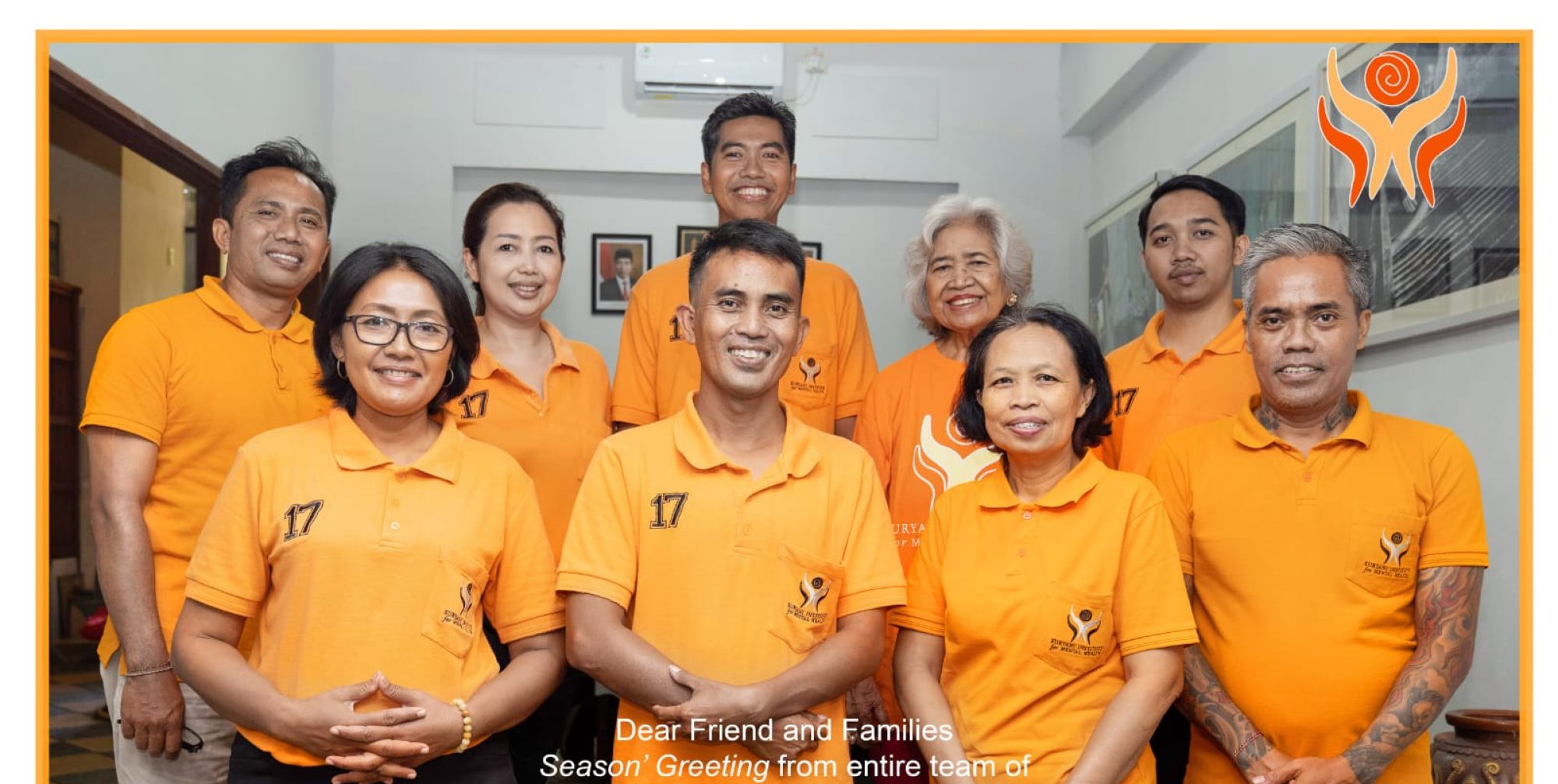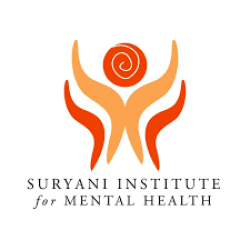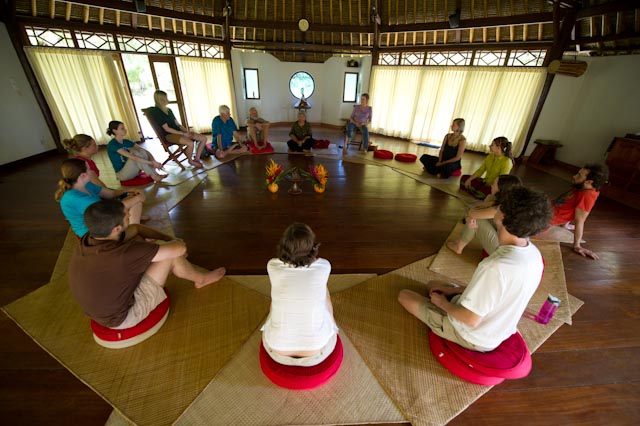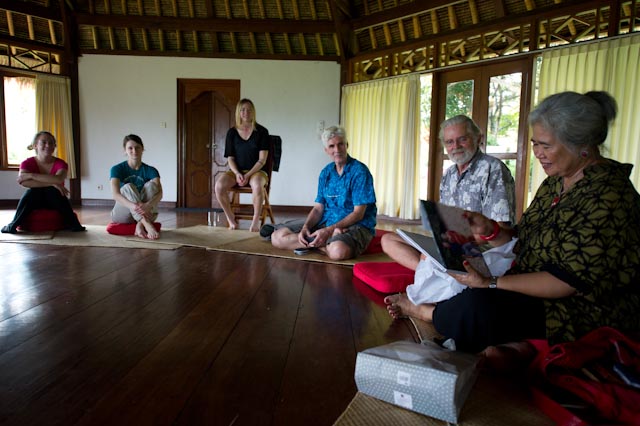The Balinese perspective provides a compelling contrast to many western people with profound implications for the maintenance of individual and collective well-being and the resolution of imbalances in western societies. In Bali, where the arts are important primary or secondary activities, can help to feel connected to how the Balinese approach daily life at work and relaxation, socially, organizationally, and ritually, while continuing to deepen and explore and embody for Consciousness, Culture, and sense of Community.
“Western education and thinking tends to emphasize the rational mind, categorization, analyzing, splitting, and prominent elements in the foreground of our awareness”, said David Osgood Ed.D, M.P.H as he explained the reason bringing University of Vermont students to Bali.
“Balinese tradition, as with many Asian societies, tends to emphasize feeling, intuition, relationship, sensitivity to background context, complexity, balance, and a capacity to embrace change, while maintaining its core, In Bali the arts, healing, spirituality, and community are interwoven in daily life in a way that is unique in the modern world”, said Professor Luh Ketut Suryani as a Balinese psychiatrist, healer, and activist, who share her rich experience combining both traditional and contemporary approaches to what she call bio-psycho-socio-cultural-spiritual well being.
The programs provide opportunities to develop inter cultural communication skills including cultural awareness, cultural adaptation, cultural empathy and non-evaluative listening. In addition students will have opportunities to develop skills in the domain of consciousness or transcultural communication. Some of these skills include: being fully present, reflective awareness, tolerance for ambiguity and not knowing, tolerance for different perspectives, holding multiple perspectives, and meditative and altered states of consciousness.



